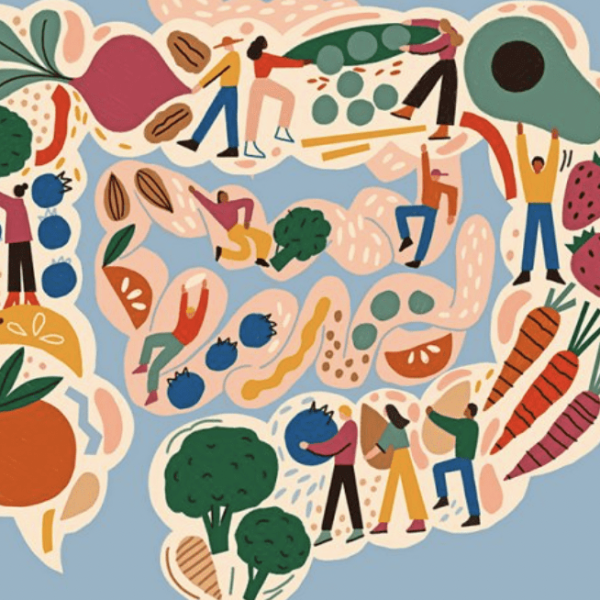As the saying goes, “You are what you eat.” This age-old adage emphasizes the importance of eating a healthy and balanced diet for overall well-being. One type of diet that has gained popularity in recent years is a low-carb diet.
This diet involves reducing the intake of carbohydrates, which are found in foods such as bread, pasta, and rice, and increasing the consumption of protein and healthy fats. In this blog, we will discuss the benefits of eating a low-carb diet and how it can improve your health.
Understanding the Low-Carb Diet
Before we delve into the benefits of a low-carb diet, it is important to understand what it entails. A low-carb diet is a dietary approach that limits the intake of carbohydrates to less than 130 grams per day. This typically involves reducing or eliminating foods that are high in carbohydrates, such as bread, pasta, and rice, and increasing the consumption of protein and healthy fats, such as meat, fish, nuts, and avocados.
Benefit #1: Weight Loss
One of the primary benefits of a low-carb diet is weight loss. When you eat carbohydrates, your body converts them into glucose, which is used for energy. However, if you consume more carbohydrates than your body needs, it stores the excess as fat. By reducing your carbohydrate intake, your body is forced to burn fat for energy instead of glucose, which can lead to weight loss.

Benefit #2: Improved Blood Sugar Control
Another benefit of a low-carb diet is improved blood sugar control. Carbohydrates are broken down into glucose, which causes a spike in blood sugar levels. Over time, this can lead to insulin resistance, a condition in which the body is no longer able to effectively use insulin to regulate blood sugar levels. By reducing your carbohydrate intake, you can help to regulate your blood sugar levels and improve insulin sensitivity.
Benefit #3: Reduced Risk of Chronic Diseases
A low-carb diet has also been shown to reduce the risk of chronic diseases such as heart disease, diabetes, and certain types of cancer. One study found that a low-carb diet effectively reduced blood pressure, triglycerides, and LDL cholesterol, all of which are risk factors for heart disease. Additionally, a low-carb diet has been shown to improve insulin sensitivity, which can help to prevent and manage diabetes.
Benefit #4: Increased Energy and Mental Clarity
Many people who follow a low-carb diet report increased energy levels and mental clarity. This is because the body is using fat for energy instead of glucose, which can lead to more stable blood sugar levels and a more consistent supply of energy. Additionally, some studies have shown that a low-carb diet can improve cognitive function and mental clarity.
Benefit #5: Improved Digestive Health
A low-carb diet can also improve digestive health by reducing inflammation and promoting the growth of healthy gut bacteria. Carbohydrates can be difficult to digest, especially for those with digestive issues such as irritable bowel syndrome (IBS). By reducing carbohydrate intake, the digestive system can function more efficiently, leading to improved digestive health.
Getting Started on a Low-Carb Diet
If you are interested in trying a low-carb diet, there are a few things to keep in mind. First, it is important to speak with a healthcare provider or registered dietitian to ensure that a low-carb diet is safe and appropriate for you.
Additionally, it is important to focus on consuming healthy sources of protein and fats, such as lean meats, fish, nuts, and avocados, and to limit processed and high-sugar foods.
Takeaway
A low-carb diet can provide numerous benefits for your health, including weight loss, improved blood sugar control, reduced risk of chronic diseases, increased energy and mental clarity, and improved digestive health. By reducing your carbohydrate intake and focusing on healthy sources of protein and fats, you can improve your overall health and well-being.
However, it is important to consult with a healthcare provider or registered dietitian before starting any new diet with proper guidance and a commitment to a healthy lifestyle, a low-carb diet can help you achieve your health goals and live your best life.





















Share this article